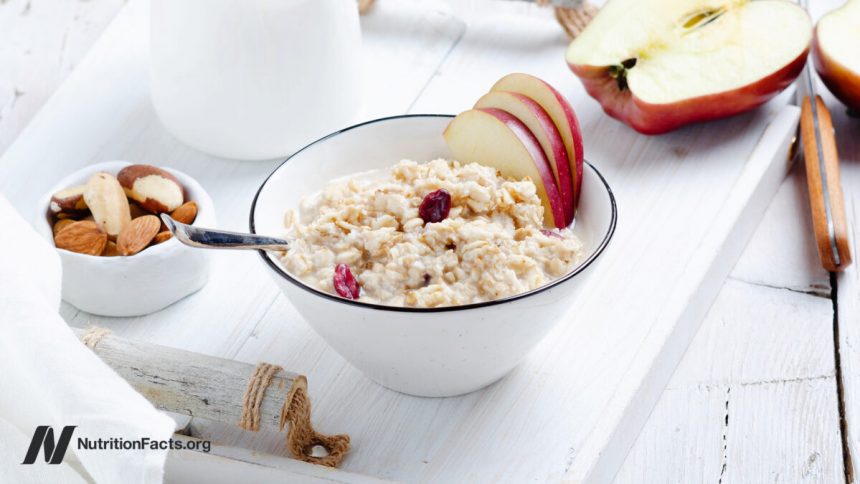Consuming the same meal at different times of the day can have a significant impact on blood sugar levels. Our glucose tolerance decreases as the day progresses, leading to higher blood sugar levels in the evening compared to the morning.
Research has shown that our ability to handle sugar deteriorates in the evening, causing a meal eaten at 8:00 pm to elicit double the blood sugar response compared to the same meal eaten at 8:00 am.
Timing is critical when it comes to choosing foods with lower glycemic indexes. Eating low-glycemic foods at night can result in higher blood sugar spikes than high-glycemic foods consumed in the morning.
Frontloading calories towards the beginning of the day has been shown to promote weight loss, as the drop in glucose tolerance over the day can affect blood sugar control and metabolism.
Skipping breakfast may adversely affect daily blood sugar control, leading to higher blood sugar levels throughout the day and even while sleeping. This could potentially increase the risk of developing type 2 diabetes.
Research also indicates that skipping breakfast may lead to higher levels of LDL cholesterol, suggesting a negative impact on heart health.
For those practicing intermittent fasting or time-restricted feeding, skipping dinner rather than breakfast may be a safer and more effective option.
Stay tuned for the next installment of the chronobiology series to learn more about syncing your central circadian clock to your peripheral clocks.






